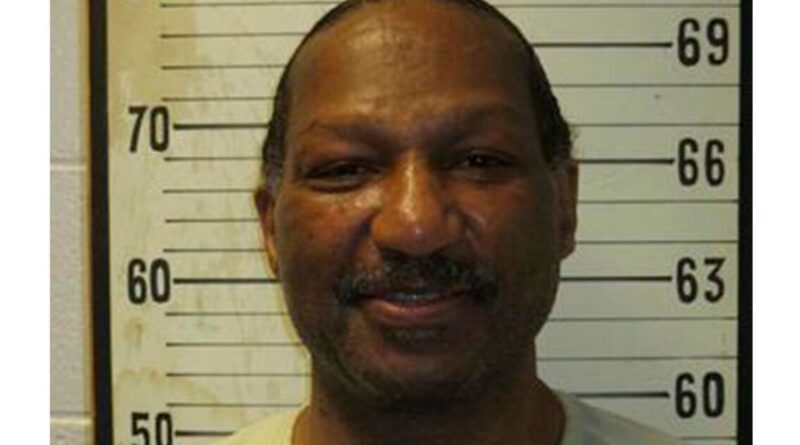Death Row child killer ‘came back to life’ nearly two minutes after execution | World | News
A death row inmate appeared to come back to life after his execution, with an electrocardiogram showing his heart continued beating for nearly two minutes after he was pronounced dead, according to his attorney. An electrocardiogram taken during the execution of Byron Black a Tennessee, USA, death row inmate showed his heart was stil beating for nearly two minutes after he was given a lethal injection.
Byron Black, convicted of murdering his girlfriend and her two young daughters in 1988, was executed by lethal injection on August 5 at Riverbend Maximum Security Institution in Nashville. His attorney, Kelley Henry, told a judge on Friday that the electrocardiogram monitoring his heart during the execution showed “sustained cardiac activity” for almost two minutes after officials declared him dead.
This was revealed during a hearing in Davidson County Chancery Court, where attorneys for Black and several other death row inmates are seeking to question the individuals who carry out Tennessee executions.
The request is part of an ongoing lawsuit that argues the state’s current lethal injection protocol violates constitutional bans on cruel and unusual punishment.
During the hearing, Deputy Attorney General Cody Brandon argued that forcing members of the execution team to testify would risk exposing their identities, even if their faces were concealed and their voices altered.
He suggested that Tennessee Department of Correction officials could instead testify on relevant topics if the inmates’ attorneys specified the areas of inquiry.
Henry, who leads a group of federal public defenders representing indigent death row inmates in Middle Tennessee, said only those present at the execution can explain what happened.
“At one point, the blanket was pulled down to expose the IV,” Henry told Judge Russell Perkins. “Why? Did the IV come out? Is that the reason that Mr Black exclaimed, ‘It’s hurting so bad’? Is the EKG correct?”
According to Henry, the EKG recorded roughly one minute and fifty seconds of heart activity after Black was declared dead. The record ends there, leaving open the possibility that his heart continued beating longer.
Black, 63, had a range of serious medical conditions including dementia, heart failure, brain damage, and kidney disease. He also had an implanted heart defibrillator that his lawyers argued could have caused him pain during the procedure.
Henry also cited problems in another recent execution, saying that during the May 22 execution of Oscar Smith, no paper was loaded into the EKG machine, meaning there was no record of Smith’s heart activity.
“Since we filed this lawsuit, there have been two executions that have not gone to plan,” Henry said. “They are batting a thousand when it comes to not following the protocol.”
Brandon countered that the state’s lethal injection protocol does not specify that paper must be loaded into the machine.
Judge Perkins said he would take the matter under advisement and issue a ruling later.
Smith was convicted of murdering his estranged wife Judith Smith and her two sons, 13-year-old Jason and 16-year-old Chad Burnett, in 1989.
His planned execution in April 2022 was halted at the last moment after Governor Bill Lee issued a reprieve when it was discovered that the lethal drugs had not been properly tested. This prompted a yearlong investigation that uncovered multiple failures in Tennessee’s execution system.
The current lawsuit, filed in March, argues that the Tennessee Department of Correction ignored recommendations from that investigation and instead wrote a new, less detailed protocol that reduces accountability. A trial is scheduled for April.





